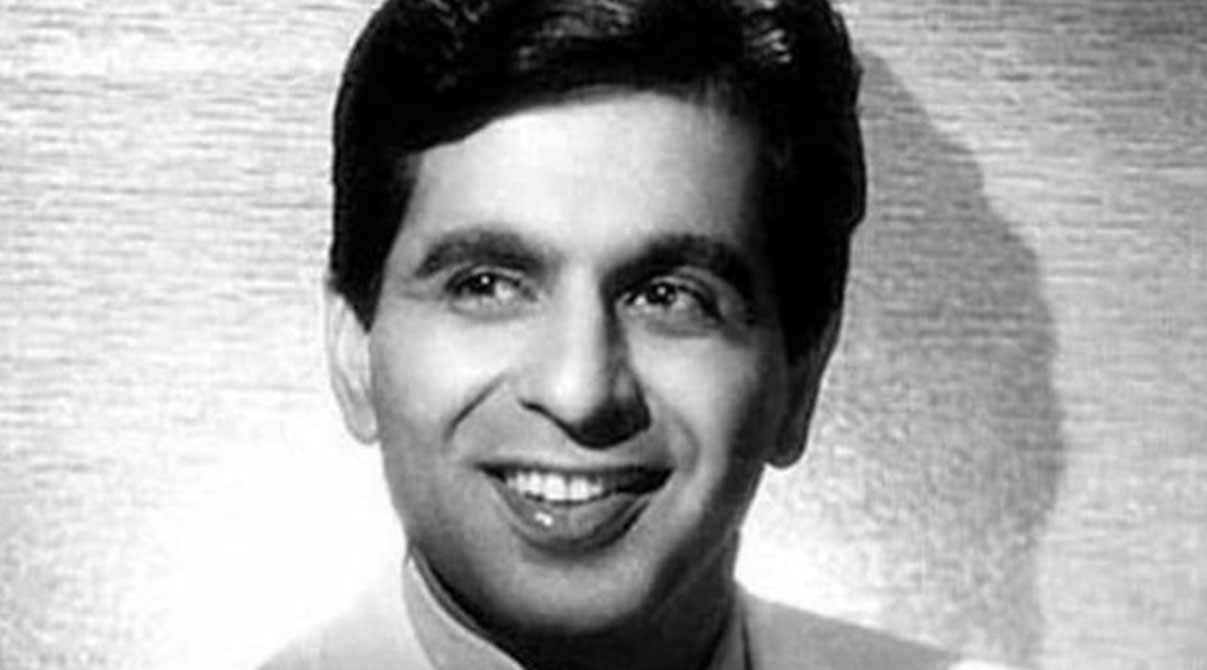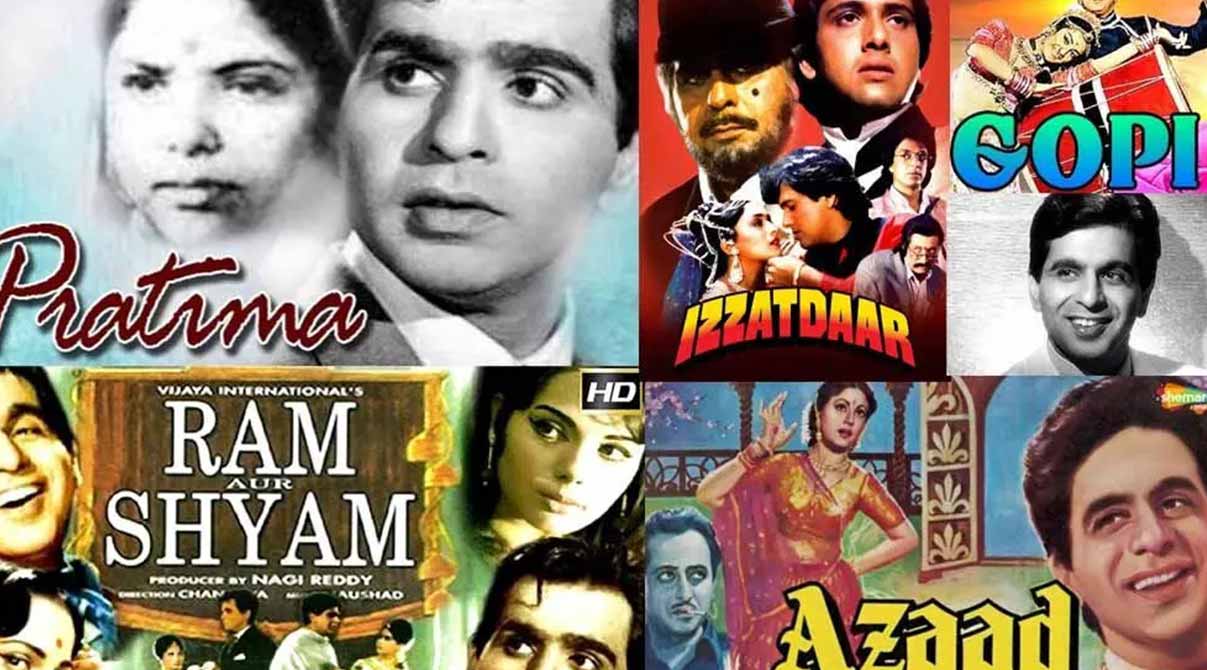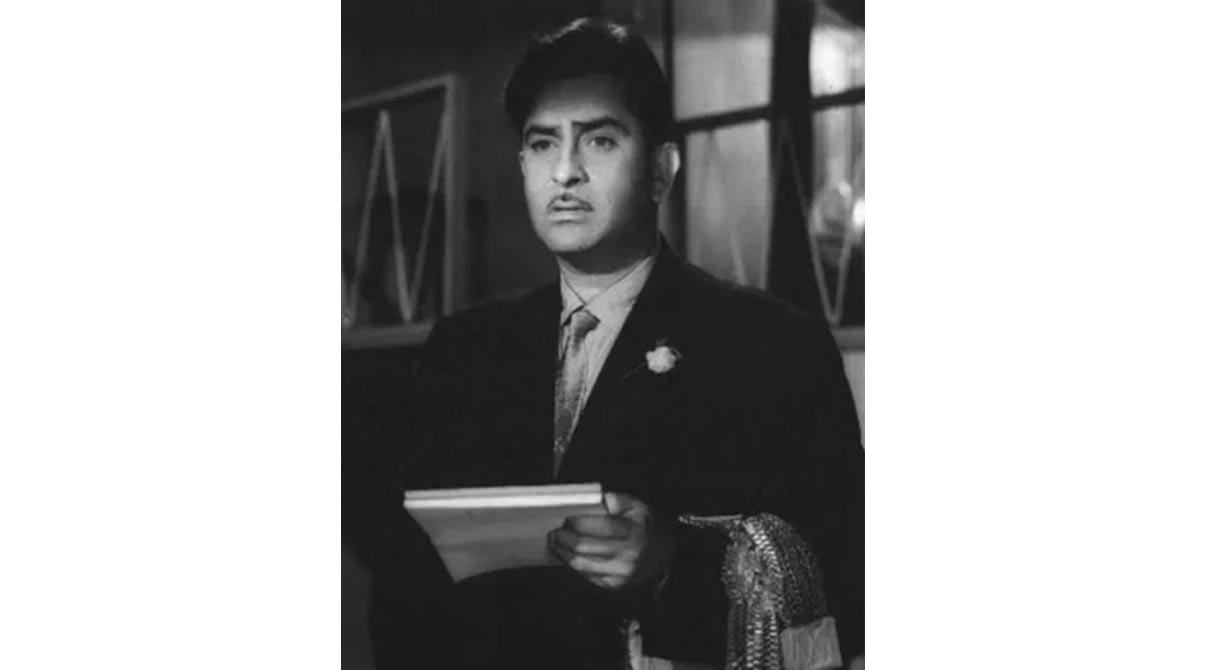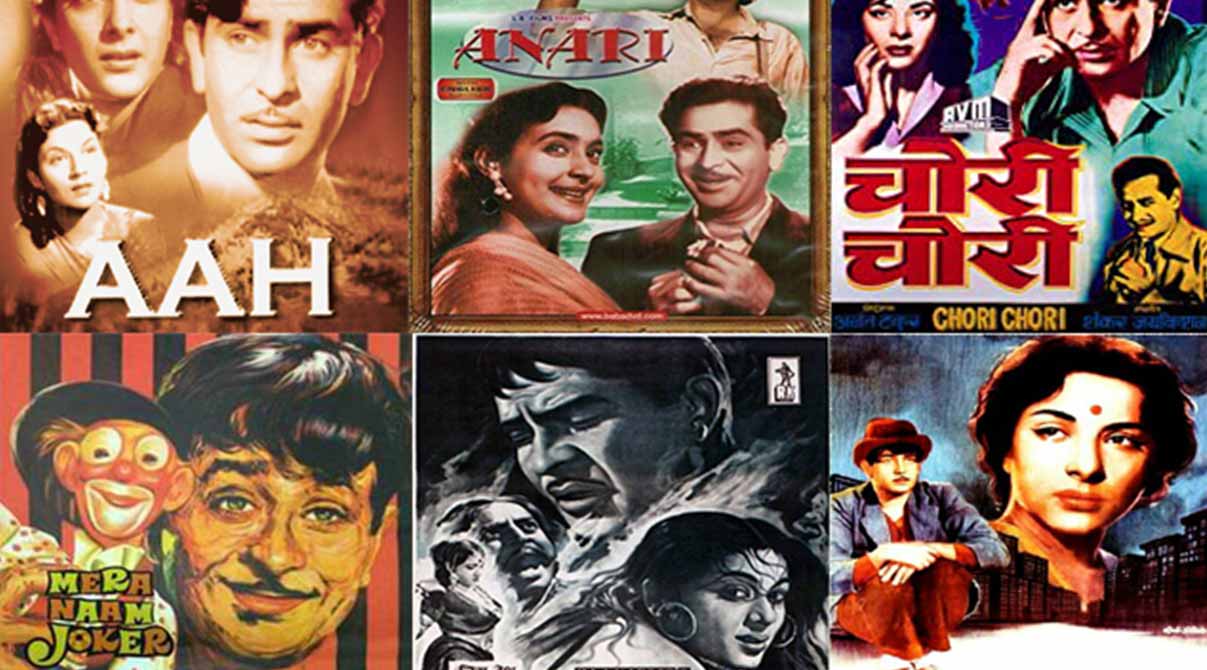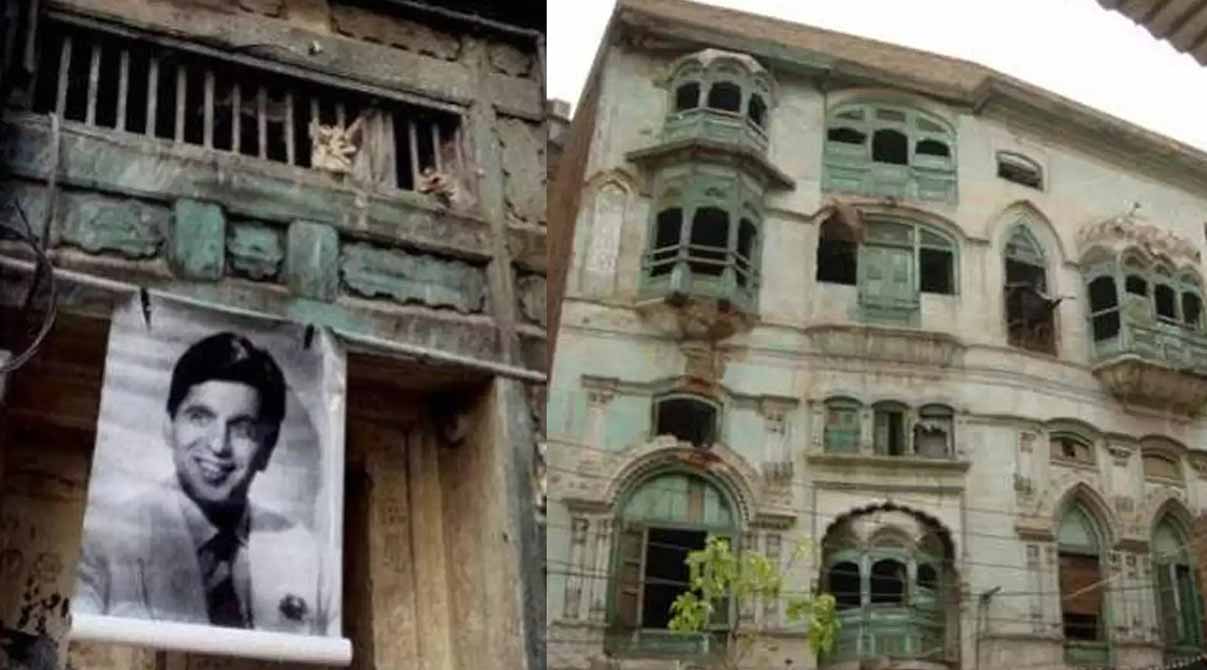Mohammed Yusuf Khan, better known by his stage name Dilip Kumar, was an Indian actor who performed in Indian cinema. He was born in December 1922. He is credited with developing and evolving methods of acting in movies. Dilip Kumar dominated the Indian film industry from the late 1940s to the 1960s. The audience dubbed him “Abhinay Samrat,” which is Hindi for “Emperor of Acting”.
Dilip Kumar and his family were close friends with the Kapoors while they were both growing up in Peshawar and Bombay. Read more about their homes in KPK in this article.
Shah Rukh Khan later surpassed Kumar’s eight wins for the Filmfare Award for Best Actor, but Kumar still holds the record for the most consecutive victories in the category. Kumar was also the award’s first recipient.
Best Films of Dilip Kumar
Dilip Kumar is often referred to as the “Tragedy King” or “First Khan” of Indian cinema. His career has spanned over five decades and 60 films. In a poll that India Today magazine conducted in 2005, the masses voted him as the greatest movie star of all time.
Mughal-e-Azam (1960) is one of the most expensive and epic films ever made in Hindi cinema, Mughal-e-Azam is a timeless classic. The film depicts the love story of Prince Salim (Dilip Kumar) and court dancer Anarkali (Madhubala). Over the years, viewers have praised the film’s music, dialogues, and performances. Madhumati (1958) – Directed by Bimal Roy, this film is a tragic story of unrequited love and how it can lead to madness. Dilip Kumar gives an absolutely brilliant performance as the tortured soul whose love for Madhumati (played by Vyjayanthimala) has driven him to insanity.
Ganga Jamuna was another high grossing film of Dilip Kumar. This film is a classic drama about two brothers who are on opposite sides of the law. Devdas (1955) is yet another popular film by Dilip Kumar that all filmy geeks and movie lovers have watched and loved. This film is a tragic love story about a man who is torn between his love for a woman and his duty to his family.
Dilip Kumar’s Family
Dilip Kumar was born into a Hindko-speaking Awan Muslim family in the Peshawar city of the North-West Frontier Province of British India. He was one of Lala Ghulam Sarwar Khan and Ayesha Begum’s twelve children. His father worked as a fruit vendor.
Raj Kapoor, his boyhood companion and later work colleague in the cinema industry, also grew up in the same locality in Peshawar as him. He relocated to Pune in 1940 where he established a canteen and a dry fruit supplier store. Khan’s family chose to stay in Bombay in the wake of the 1947 Indian Partition, despite the fact that they were originally from Peshawar.
Related: Remembering Dilip Kumar: A Legend Par Excellence
Who was Raj Kapoor?
Raj Kapoor, also known as Ranbir Raj Kapoor, was born in December 1924. He was an Indian actor, director, and producer who specialized in Hindi films. He stands as Hindi cinema’s best and most impactful performer and director. Raj Kapoor is frequently referred to as the Indian film industry’s The Greatest Showman. He won numerous honors, including 11 Filmfare Awards in India and three National Film Awards. Kapoor is the recipient of the Filmfare Lifetime Achievement Award. Awaara (1951) and Boot Polish (1954), two of his films, competed for the Palme d’Or at the Cannes Film Festival.
Raj Kapoor’s Best Hits
Raj Kapoor is considered one of the greatest Indian filmmakers of all time. He was a pioneer in many ways, and his films have influenced generations of filmmakers. Awaara (1951) is a classic film about a wayward son who is not on friendly terms with his wealthy father. It is a poignant story about family, love, and forgiveness. The extremely popular track “Mera Joota Hai Japani” belongs to this film.
Raj Kapoor directed this film in addition to being the lead actor in this movie. Shree 420 is a 1955 film that Raj Kapoor directed. This film is a social satire about a con man who pretends to be a wealthy man in order to win the heart of a rich woman. It is funny and thought-provoking, and it features some iconic songs. Mera Naam Joker (1970) is another film among Raj Kapoor’s top hits. This epic film follows the life of a traveling circus clown who falls in love with two women. It is a heartbreaking drama that showcases Kapoor’s acting chops.
Raj Kapoor’s Family
Raj Kapoor was born as Shrishti Nath Kapoor on December 14, 1924, at Kapoor Haveli, a sizable home then possessed by his grandfather in the Qissa Khwani Bazaar neighborhood of Peshawar, British India. His family was a Punjabi Hindu bloodline from the Kapoor clan, which belonged to the Dhai Ghar Khatri community. Prithviraj Kapoor and Ramsarni Devi Kapoor were his parents. The Kapoor family originally belongs to Samundri, Samundri Tehsil, Lyallpur District, Punjab Province, British India. Of the family’s six kids, he was the oldest sibling.
He belonged to the illustrious Kapoor dynasty and was the grandson of Dewan Basheshwarnath Kapoor, great-grandson of Dewan Keshavmal Kapoor, and great-great-grandson of Dewan Murli Mal Kapoor. Later, for housing and educational purposes, the Kapoor family relocated from Peshawar, North-West Frontier Province, to Bombay, Bombay Presidency.
Related: Most Iconic Bollywood Films that are Copied from Hollywood
How are Dilip Kumar and Raj Kapoor Related?
Dilip Kumar and his family were close friends with the Kapoors while they were both growing up in Peshawar and Bombay. In his autobiography, The Substance And The Shadow, Kumar describes his upbringing in undivided India, where a sizable Hindu majority predominated. In the marketplace, men and women freely mixed with Muslims, wishing each other well and smilingly greeting one another. My father, Aghaji, had many Hindu acquaintances, including Basheshwarnathji, a prominent member of the civil service. His older son made a few visits to our home with him, and each time he dazzled the women with his good looks. That was Prithviraj Kapoor, the father of Raj Kapoor.
Dilip Kumar’s and Raj Kapoor’s House in KPK
The house is situated in Peshawar, Khyber Pakhtunkhwa, Pakistan’s Qissa Khawani Bazaar. When Kumar once went to his house, he gave the ground a nostalgic kiss. He paid a visit to Peshawar in 1988, and during an interview at the PC Hotel, he spoke lovingly of his early years and formative years while occasionally slipping into Hindko and Pashto.
The government gave the ministry of information, broadcasting, and national heritage the order to buy the house in July 2013. The director general of the Pakistan National Council of Arts (PNCA) received the directive for execution. The action, according to media reports, was in order to strengthen cultural ties between Pakistan and India.
After purchasing the property, the Pakistani government intended to turn it into a museum. Additionally, it made preparations to host Dilip Kumar and other family members. He was unable to enter the mansion in 1997 after receiving Nishan-e-Imtiaz, Pakistan’s highest civilian accolade, due to unruly crowds. The government had been seeking the residence. The house was designated a “protected monument” under the Antiquity Act of 1997 on July 26, 2014.
Raj Kapoor’s House In KPK
Raj Kapoor’s initial residence, Kapoor Haveli, is present in Peshawar, Pakistan. A generation of the Kapoor family lived in this home and have memories there. Dewan Basheswarnath Kapoor, the father of Prithviraj Kapoor, who was the first member of the family to join the cinema industry in 1928 as an extra in his debut film, Be Dhari Talwar, built it between 1918 and 1922, before the partition of India.
Members of the clan, along with other Hindus, departed the city and the structure during the 1947 Partition of India. It was obtained under the settlement clause in 1968 at an auction by jeweller Haji Khushal Rasool from Charsadda city, who later sold it to a Peshawar resident. According to locals, the structure was utilized for occasions like wedding receptions.
In 1990, Randhir Kapoor and Rishi Kapoor, sons of Raj Kapoor’s younger brother Shashi Kapoor, visited Peshawar and their former family home. They also collected a little soil from the structure to serve as a reminder of their ancestry. The multi-story mansion contains roughly 40 rooms and is fronted by ‘jharokas,’ or overhanging balconies, and lovely floral designs. The facade has started to fall apart in many places.
Related: Rahat Kazmi, A Legacy of Great Acting
Current Condition
Due to fissures resulting from an earthquake in the upper portion of the old structure because it was situated on a steep mound, the building’s owners demolished the topmost three floors twenty years ago. Commercial structures surround the building today, posing a major threat to its structure.
With the assistance of the Khyber Pakhtunkhwa government, IMGC Global Entertainment in Pakistan is currently converting it into a museum. The Peshawar Deputy Commissioner values the home at Rs 15 million in 2021. The archaeology division of Khyber Pakhtunkhwa intends to convert the homes into a museum. The notices have been delivered to the current owners by the deputy commissioner.
The Bottom Line
The ancestral residences of Dilip Kumar and Raj Kapoor were recognized as national historic sites by the government in 2014. They made headlines in September 2020 when the provincial government declared it would buy both homes and, following restoration, convert them into museums. A Pakistani journalist had given Dilip Kumar a glimpse into his ancestral home at the time. The Archeology Directorate acquired charge of both houses from their existing shareholders in June 2021, after their autonomy was passed to the provincial government.
